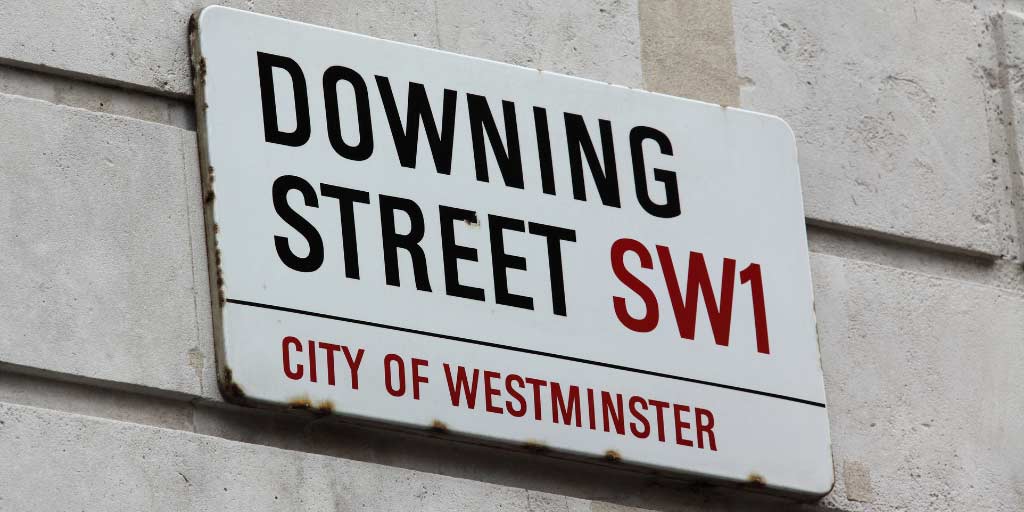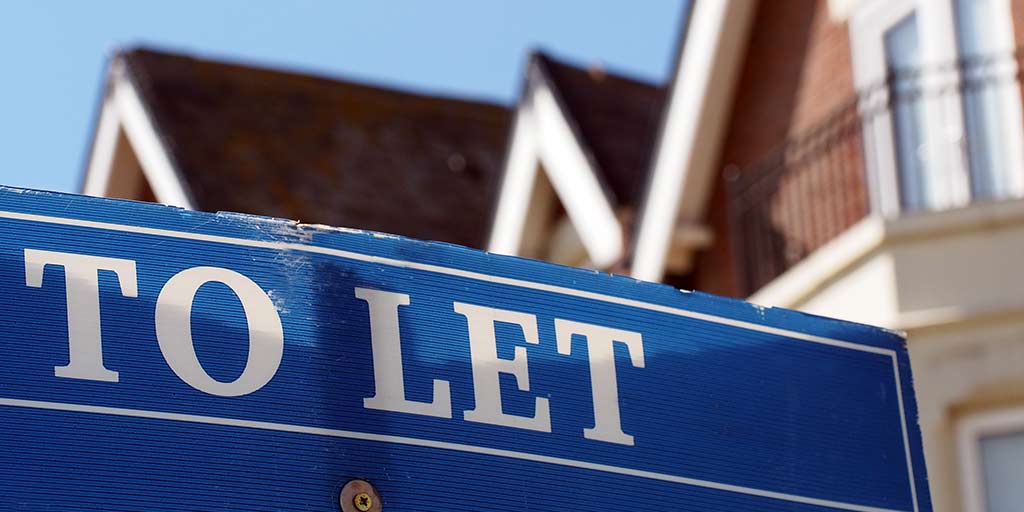This information should not be interpreted as financial, tax or legal advice. Mortgage and loan rates are subject to change.

Category: renters reform bill
With the House of Commons set to close for the government’s summer break on 20th July, those scouring the schedule leading up to it will find no sign of the Renters Reform Bill, provoking some landlords to wonder if the Conservatives will push it into Labour’s hands.
The Renters Reform Bill is currently sitting at the second reading stage in the House of Commons, which is one of five stages for its review. If it passes all of these stages, the next step is for it to pass into the House of Lords and go through a similar five-stage process of consideration.
Only once all of these steps have been taken will it go into the two final stages to reach Royal Ascent and be written into law.
For landlords, the implication of the Bill are hugely significant. Any delay may offer temporary respite from those who fear its implementation – with particular concerns surrounding the removal of Section 21 ‘no fault’ evictions, and perhaps allow more time to plan and prepare for the changes to come.
But, whilst parliamentary progress has faltered, fresh details have come to light from the government department currently responsible for it.
New details released on Ombudsman service
The team working for Rachel Maclean, Housing Minister for the Department for Levelling Up, Housing and Communities for the Conservatives have released additional details on the Private Rental Sector (PRS) Ombudsman that forms part of the changes proposed in the Rental Reform Bill.
Giving clarity on the setting up of a PRS ombudsman, the DLUHC have said it would probably operate as a non-profit body.
The department have also said it may be combined with an letting agent, tenant and landlord redress scheme.
The current Ombudsman for the social sector, Richard Blakeway, previously commented on a similar service being introduced in the private sector. He urged landlords not to fear this prospective change, stating that remedial action imposed by an ombudsman would not be ‘punitive’.
But, his statement which was intended positively, also gave warning that lessons needed to be learnt, as there are ongoing issues with redress systems where too many bodies are involved, causing those raising concerns to have to approach more than a handful of organisations.
If the removal of Section 21 evictions is going to work, then it is critical a new solution does not descend into chaos.
Will Labour be left to implement the Bill?
With news of the Bill being delayed by the summer break, there have been various reactions from landlords.
Some welcome the news and are hoping over the period of its reading it will evolve into milder changes, others question whether the delay is a tactical move by the Conservative government.
Labour are currently having success the polls, leading to debate that they could win the next election.
By passing responsibility for imposing the Renters Reform Bill into the hands of the current government’s opposition, it has been suggested that any fall-out could be used as a source of criticism.
Certainly, the Bill is under close scrutiny by tenants and landlords alike and each group holds strong feelings on the impact it will have. It’s easy to see why any political party may not relish being the ones holding the reins if and when it passes into law.



